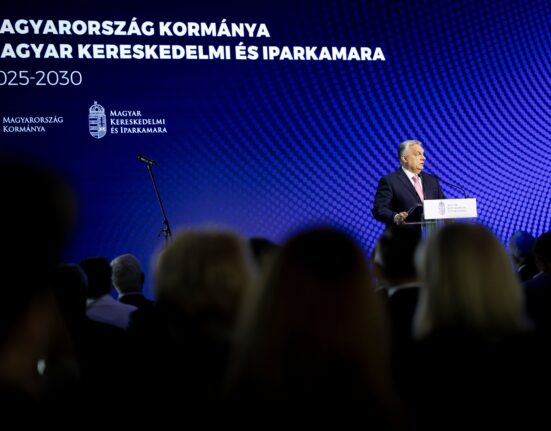In a startling turn of events, the Trump administration has taken a drastic step, barring Harvard University from enrolling international students for the upcoming academic year. This move has sparked outrage and concern not only within the university but also across the globe. Harvard, known for its prestigious reputation as the oldest and wealthiest university in the United States, now finds itself entangled in a high-stakes battle with the White House.
The administration’s decision stems from allegations that Harvard has created an unsafe campus environment by allegedly allowing anti-American and pro-terrorist elements to target Jewish students on campus. Additionally, accusations of collaboration with the Chinese Communist Party have further escalated tensions between the university and the government.
The implications of this conflict are far-reaching, with Harvard now facing severe repercussions, including the loss of its ability to host foreign students under the Student and Exchange Visitor Program. This move not only affects the university’s academic standing but also puts nearly 6,800 international students, representing over a quarter of its student body, in limbo.
Among those closely monitoring the situation is Australia, as the Trump administration’s actions have raised concerns about the treatment of foreign students in the United States. Kevin Rudd, Australia’s ambassador to the US, has expressed his government’s interest in the matter, particularly given the significant number of Australian students enrolled at Harvard.
The broader implications of this clash extend beyond Harvard’s campus, reflecting a broader trend of increasing scrutiny on higher education institutions. The Trump administration’s actions signal a shift in how international students are viewed and treated in the US, potentially deterring future students from seeking education in the country.
Experts and analysts have weighed in on the situation, with Ted Mitchell from the American Council on Education criticizing the administration’s move as an “illegal, small-minded” overreach. Concerns have been raised about the chilling effect this decision may have on international students considering studying in the US.
As the conflict between Harvard and the White House continues to unfold, it underscores the complex interplay between academia, politics, and international relations. The ramifications of this dispute will likely have lasting effects on Harvard’s reputation, the treatment of international students, and the broader landscape of higher education in the US.
In the midst of this turmoil, the fate of Harvard’s international students hangs in the balance, caught in the crossfire of a contentious battle between one of the world’s most prestigious universities and the highest echelons of political power. The outcome of this clash will not only shape the future of Harvard but also set a precedent for how academic institutions navigate political pressures and safeguard their academic missions.
Originally reported by ABC News









Leave feedback about this